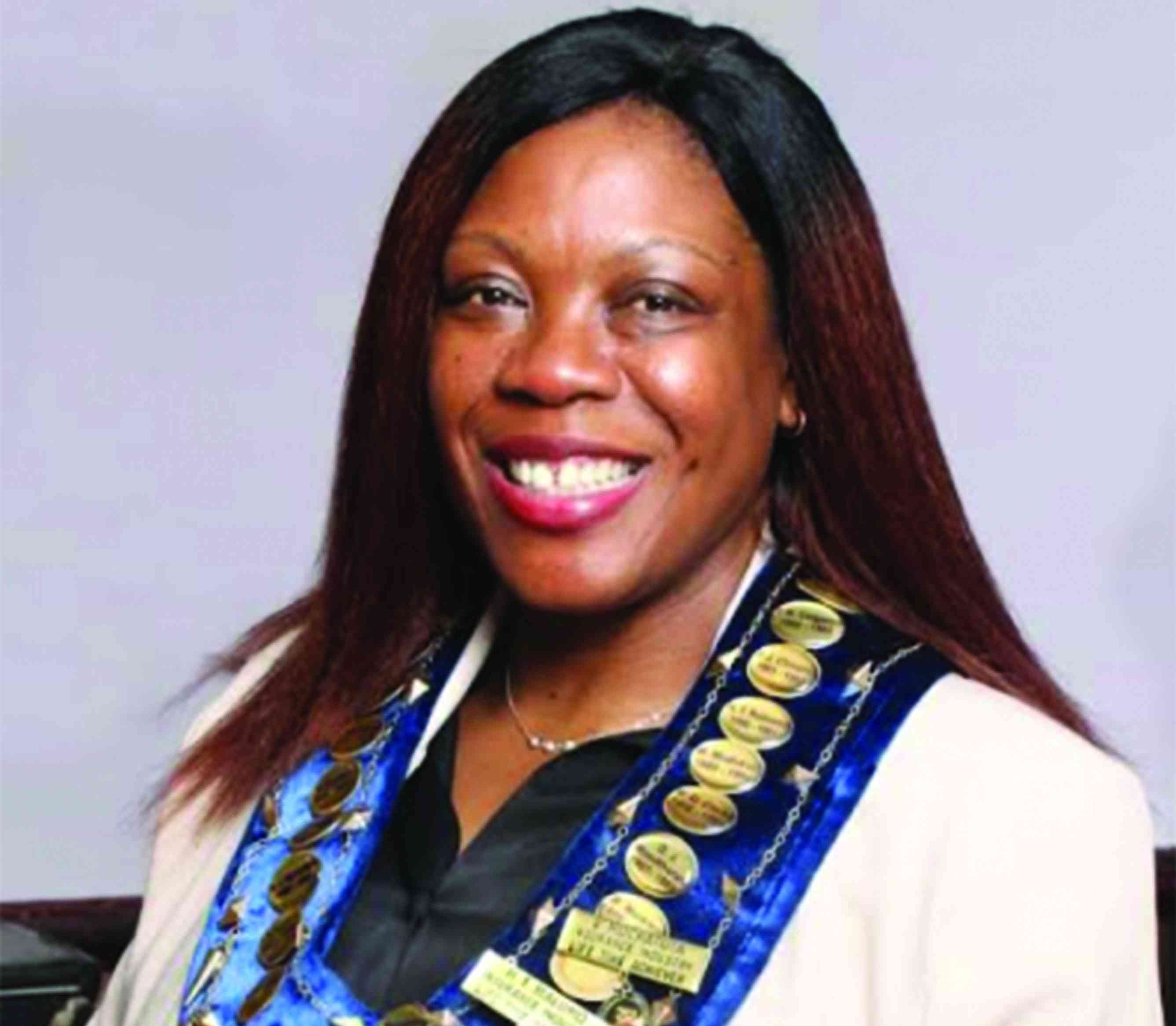
ZIMBABWE’S fraudsters are taking advantage of families, who fail to register the estates of deceased relatives with the Master of the High Court. These scammers are taking advantage of legal gaps in estate administration to illegally register property left behind by the dead.
One recent example perfectly exposes how this scam operates.
Man steals deceased woman’s house
A well-known fraudster, Andrew Tichaona Bidi, has once again found himself in the dock after allegedly stealing a house that belonged to a deceased woman.
According to court reports, Bidi, who has previously faced similar charges, is accused of defrauding Janet Mawunde, the complainant in the case.
The court heard that in September 2023, Bidi, acting with three accomplices, who remain at large, allegedly misrepresented to the Master of the High Court that they were relatives of the late Munyira, who died on December 18, 1994.
Based on that alleged false information, the Master of the High Court allowed them to register Munyira’s estate.
Soon after, Bidi allegedly sought consent to sell a property belonging to the deceased House Number 2364, St Mary’s, Chitungwiza. The property, which had been left behind as part of the estate, was then sold to Mawunde in November 2023 for US$10 000.
- Fresh land invasions hit Whitecliff
- Pomona cash row escalates
- Border Timbers targets European markets
- SA name strong A side for Zim tour
Keep Reading
Believing the transaction was legitimate, Mawunde allegedly began the process of transferring the house into her name at Chitungwiza Town Council. But when she needed Bidi’s assistance to complete the paperwork, he vanished.
That is when the shocking truth emerged; relatives of the late Munyira informed her that the house was never up for sale. They also revealed that several other people had come forward, each claiming to have allegedly purchased the same property from Bidi.
Realising she had been scammed, Mawunde filed a police report. After investigations, Bidi was arrested but the US$10 000 she paid was never recovered.
This case exposes a loophole in Zimbabwe’s estate management system that scammers are exploiting. When families fail to register a deceased person’s estate with the Master of the High Court, the property remains legally “unadministered”.
Fraudsters then pose as relatives, forge documents and illegally register the estate in their names. Once they obtain the necessary papers or consent letters, they proceed to sell the property to unsuspecting buyers.
Legal experts warn that the lack of a centralised and digitised estate database is making it easier for such fraud to go undetected.
Citizens are urged to take the following steps to protect their family assets: Register all estates promptly with the Master of the High Court upon the death of a family member.
Keep property deeds, wills and death certificates safe and properly documented.
Verify any property transactions through the Deeds Office and local council before paying money.
Seek legal advice before buying any house from an individual claiming to be an heir or estate administrator.
Scams such as these raise serious questions about how fraudsters are able to manipulate official systems with ease. There is need for tighter verification processes at the Master of the High Court and better coordination with local authorities.
Until Zimbabwe modernises its estate registration system and cracks down on corruption within the deeds office and the administrative offices, scammers such as Bidi will continue to prey on grieving families turning death into an opportunity for deceit.
The law must not only catch up, it must protect the dead and the living alike.
- Mutisi is a local commentator. — +263772278161.











